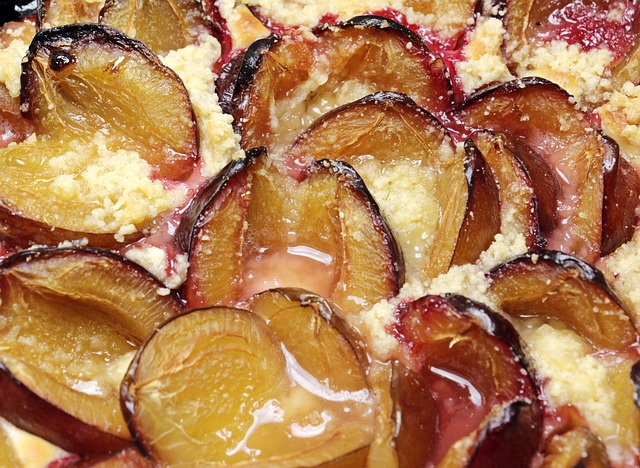Unlocking the Fountain of Youth: Unleashing the Anti-aging Effects of Probiotics
Probiotics have gained significant attention in recent years for their potential health benefits. While commonly associated with supporting gut health, these beneficial bacteria have a surprising impact on the aging process. Studies have revealed that probiotics hold the key to unlocking the fountain of youth, offering remarkable anti-aging effects that can enhance our overall well-being.
Understanding the Aging Process
To comprehend how probiotics can combat the signs of aging, it’s important to understand the factors that contribute to the aging process. Aging is a complex phenomenon influenced by various genetic, environmental, and lifestyle factors. Over time, our bodies undergo physiological changes, such as the loss of collagen, decline in hormone production, and accumulation of oxidative stress.
The Gut Microbiota Connection
Our gut is home to trillions of beneficial bacteria, collectively known as the gut microbiota. These microbes play a crucial role in maintaining our overall health, including our immune system, metabolism, and mental well-being. Emerging research suggests that the composition and diversity of the gut microbiota can directly impact the aging process.
As we age, the diversity of our gut microbiota naturally decreases, leading to an imbalance called dysbiosis. This dysbiosis is associated with various age-related diseases and conditions, including inflammation, obesity, diabetes, and cognitive decline. By restoring the balance of our gut microbiota, probiotics can help mitigate the effects of aging and promote healthy aging.
Reducing Inflammation and Oxidative Stress
Inflammation and oxidative stress are two major contributors to the aging process. Chronic inflammation can damage tissues and organs, leading to a range of age-related diseases. Probiotics have been shown to reduce inflammation by modulating the immune response and promoting the production of anti-inflammatory compounds.
Oxidative stress, on the other hand, occurs when there is an imbalance between the production of free radicals and the body’s ability to neutralize them. Free radicals can cause cellular damage and accelerate aging. Probiotics possess antioxidant properties, helping to neutralize free radicals and protect against oxidative stress.
Promoting Skin Health
One visible sign of aging is the deterioration of skin health. Probiotics have been found to have a positive impact on skin aging, offering benefits such as improved hydration, increased elasticity, and reduced wrinkle formation.
Studies have shown that certain probiotic strains can enhance the production of collagen and hyaluronic acid, two essential components responsible for maintaining skin elasticity and moisture. By promoting skin barrier function and reducing inflammation, probiotics help combat the effects of aging on the skin.
Enhancing Brain Function
Aging is often associated with cognitive decline and an increased risk of neurodegenerative diseases such as Alzheimer’s and Parkinson’s. However, research suggests that probiotics may have a positive impact on brain health, potentially delaying the onset of these age-related conditions.
Probiotics can influence brain function through the gut-brain axis, a bidirectional communication system between the gut and the brain. By producing neurotransmitters and modulating neuroinflammation, probiotics support cognitive function and protect against age-related cognitive decline.
Choosing the Right Probiotics
When it comes to experiencing the anti-aging benefits of probiotics, it’s crucial to choose the right strains and formulations. Not all probiotics are created equal, and different strains offer specific benefits.
Look for probiotic supplements containing strains such as Lactobacillus and Bifidobacterium, which have been widely studied for their anti-aging effects. Additionally, pay attention to the dosage, as adequate levels of probiotics are essential for achieving optimal results.
Incorporating Probiotics into Your Routine
There are several ways to incorporate probiotics into your daily routine. Consuming fermented foods like yogurt, sauerkraut, and kimchi can introduce beneficial bacteria into your gut. Alternatively, probiotic supplements offer a convenient and reliable option for obtaining high levels of probiotics.
It’s also important to support the growth and diversity of your gut microbiota by consuming a diet rich in fiber, fruits, vegetables,







